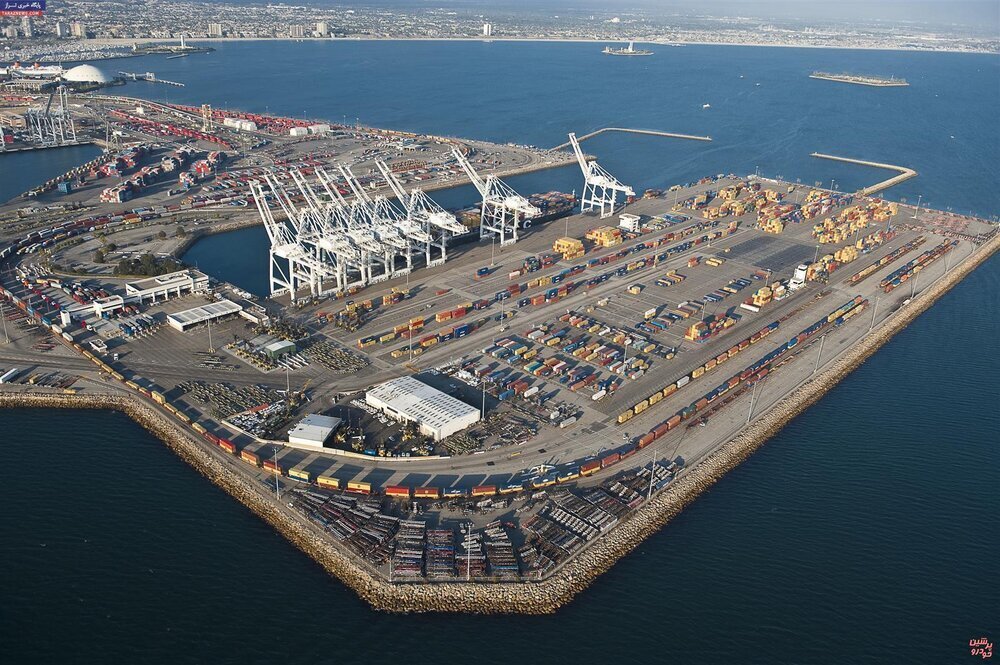Armenia, India, and Iran have reaffirmed their commitment to establishing a new transport corridor connecting their territories during a second round of trilateral negotiations in New Delhi on Thursday.
In a joint statement, senior diplomats from the three nations outlined discussions on “connectivity initiatives, engagement in multilateral fora, and regional developments.” The statement also highlighted efforts to boost trade, tourism, cultural exchanges, and people-to-people ties.
The negotiations emphasized the importance of close cooperation under the International North-South Transport Corridor (INSTC) framework, a project launched in 2000 by Russia, Iran, and India. Iran’s Chabahar Port was highlighted as a pivotal link for advancing these goals. Operated by India in the Gulf of Oman, Chabahar serves as a strategic alternative to bypass Pakistan, facilitating trade with Iran, Afghanistan, and Central Asia. Armenia has previously encouraged Indian companies to utilize the port for shipments to Armenia, Georgia, Russia, and Europe.
Armenia’s collaboration with Iran remains robust, complemented by growing ties with India, particularly in defense. Since April 2023, when the three countries held their first trilateral meeting in Yerevan, the mutual push for enhanced connectivity has gained momentum.
The urgency for regional cooperation has intensified following Azerbaijan’s takeover of Nagorno-Karabakh, which raised concerns about potential aggression towards Armenia. Of particular concern is Azerbaijan’s demand for an exterritorial “Zangezur corridor” through Syunik, Armenia’s southern province bordering Iran. Both Iran and Armenia have strongly opposed the corridor, viewing it as a threat to regional stability.
In October 2023, Armenia signed a $215 million agreement with two Iranian companies to modernize a 32-kilometer section of Syunik’s main highway to the Iranian border. Iran’s Minister of Roads and Urban Development, Mehrzad Bazrpash, attended the signing ceremony in Yerevan, underscoring the geopolitical importance of this project for Tehran.
This trilateral cooperation reflects a shared vision to strengthen regional connectivity and counter external pressures, with the transport corridor emerging as a critical economic and strategic initiative.




